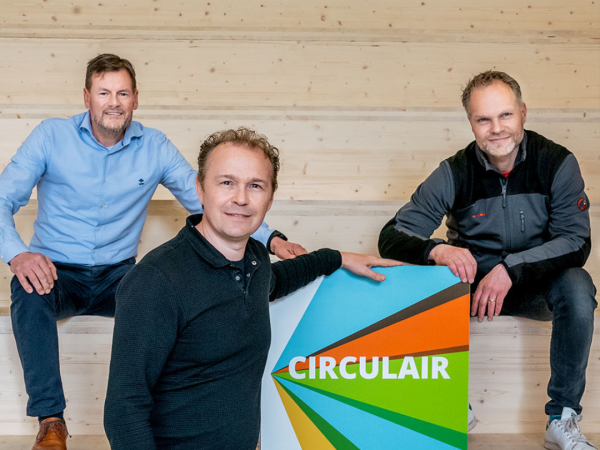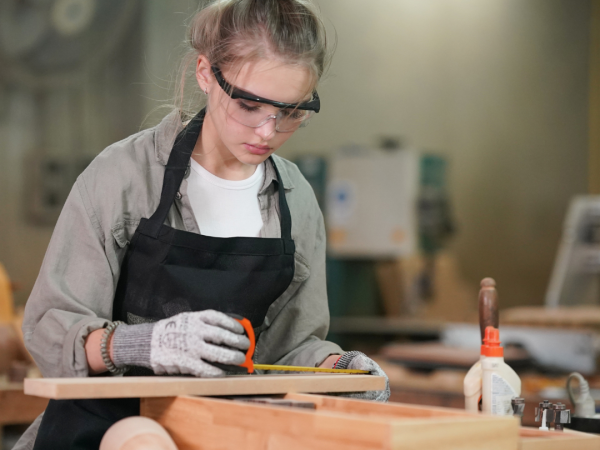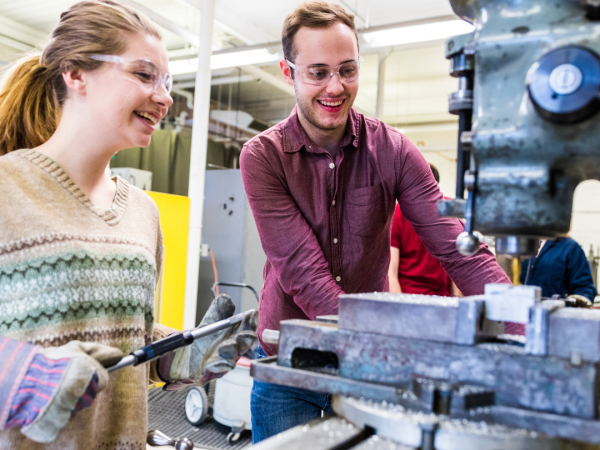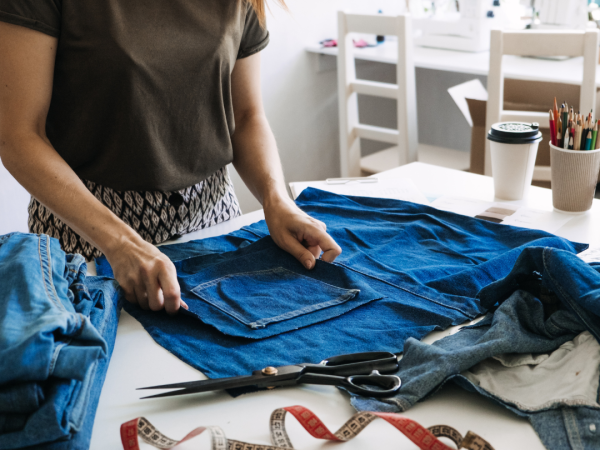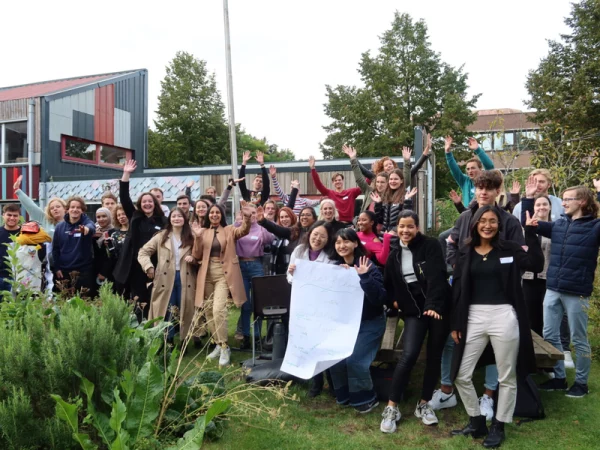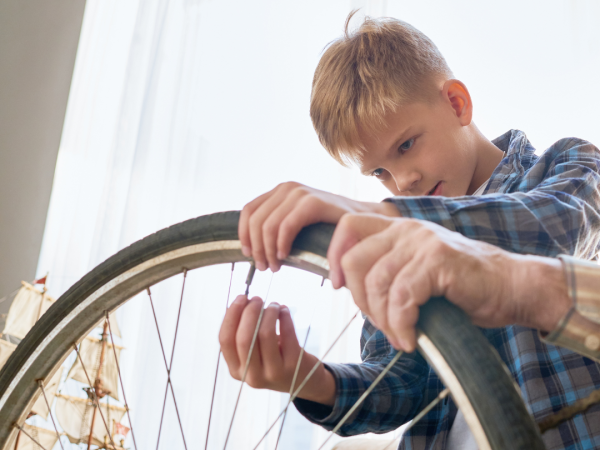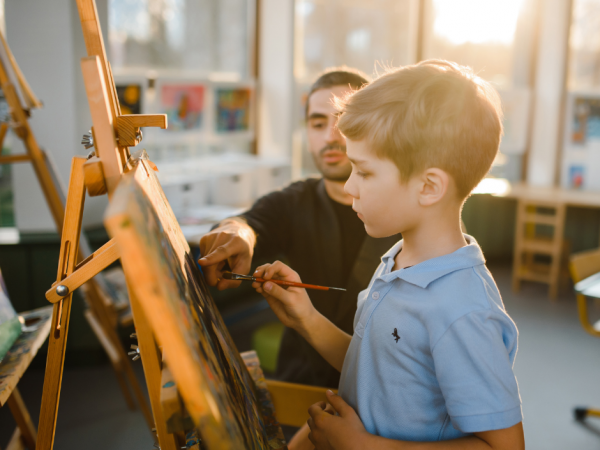More and more people, including entrepreneurs and governments are working on sustainable development. Everyone knows why this is important, but how exactly we can make the transition from an unsustainable to a sustainable world is a learning process for everyone. The school can make an important contribution to this. For this reason, the school's connection to society plays an important role in the WSA.
Pupils and students learn with community partners how to make a difference.
A network of people, organizations and companies with passion and expertise in the field of sustainability is forming around the school. Think of parents, local residents, community organizations, local entrepreneurs and the municipality. The surrounding area can also call on the school to get young people involved in solving sustainability issues.
But not only does the social environment around the school provide opportunities for learning for sustainable development, but the physical landscape and its interaction with space and where we are creates opportunities for meaningful learning. This addresses the question: how do we learn? Knowledge based on experience is an important building block for learning for sustainable development.
An environment evokes sensory experiences - comfort or resistance, possibilities or limitations. Such experiences can lead to greater connectedness and thus, perhaps, to a willingness to care more about the world around us.
Questions to discuss with each other
- What does our network look like and how do we expand it towards partners who want to learn along for sustainable development?
- What do we and our pupils and students have to offer our partners and vice versa?
- How do we ensure that as a school we are easily accessible to companies and organizations in the region?
- Do we structurally provide space for young people to experience and explore the neighborhood and the wider environment of the school?
- How do we organize to go outside structurally?
Keywords
- Think globally, act locally: how does our action here and now affect the world elsewhere and the world after us
- Network with various partners
- Meaningful, exploratory learning
- Finding solutions to sustainable issues together
- Going outside
Inspiring projects
- VO, MBO, HO
- VO
- MBO, HO
- MBO
- MBO, HO
- VO
- PO, VO, MBO, HO
